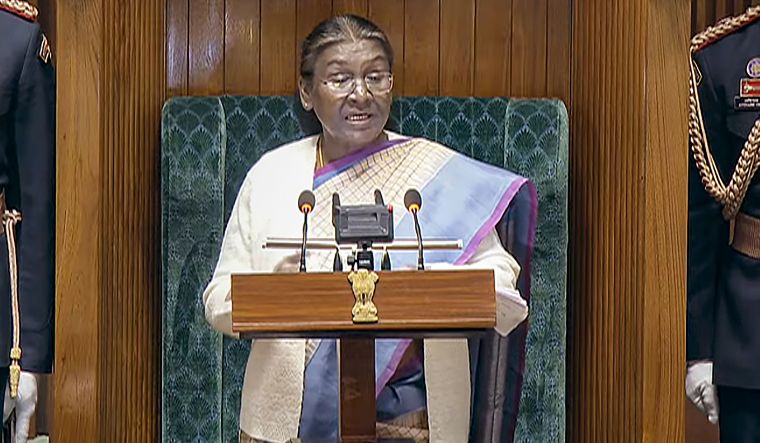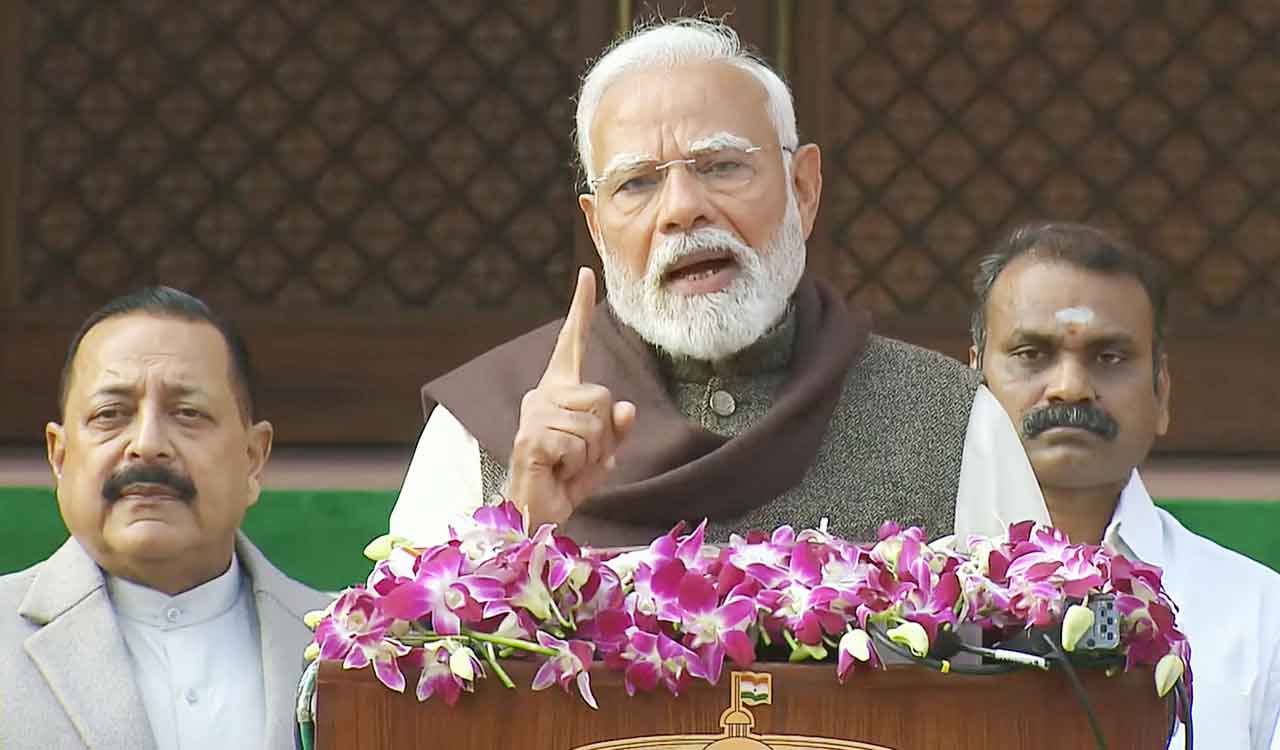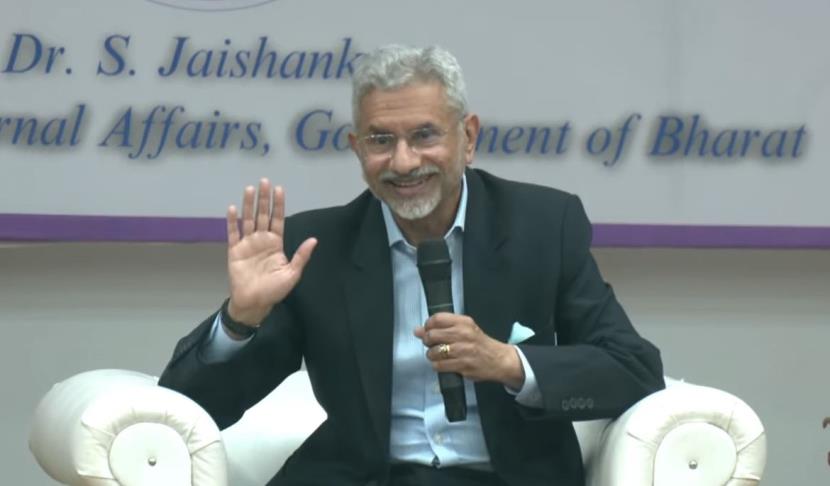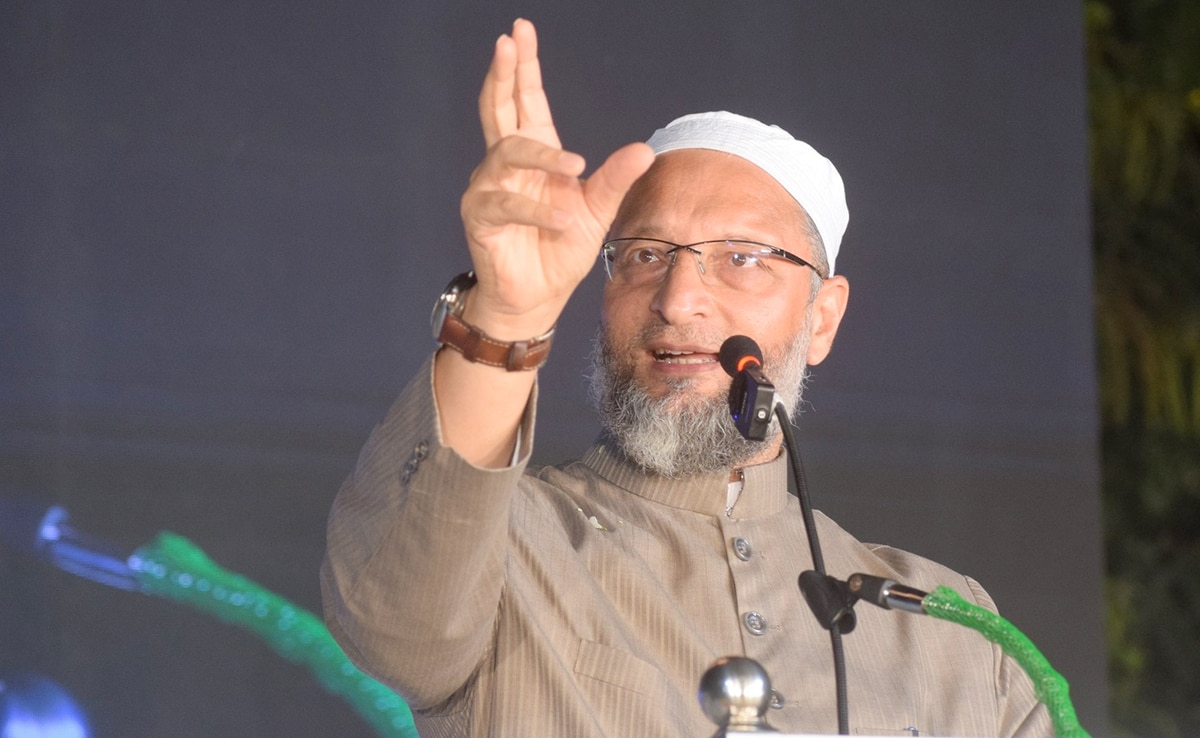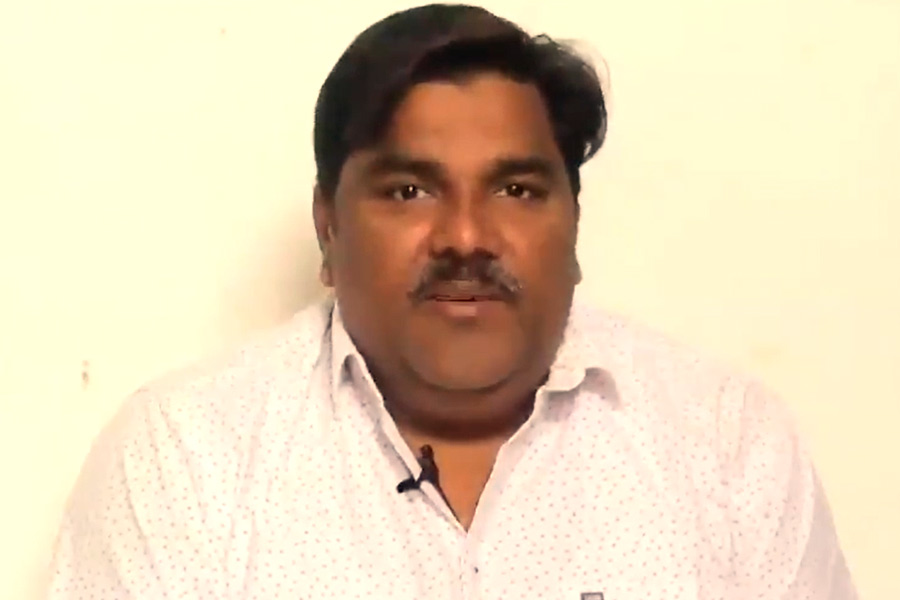CM KCR convenes meeting with experts at Pragati Bhavan yesterday
Sat 23 May 2020, 11:21:34
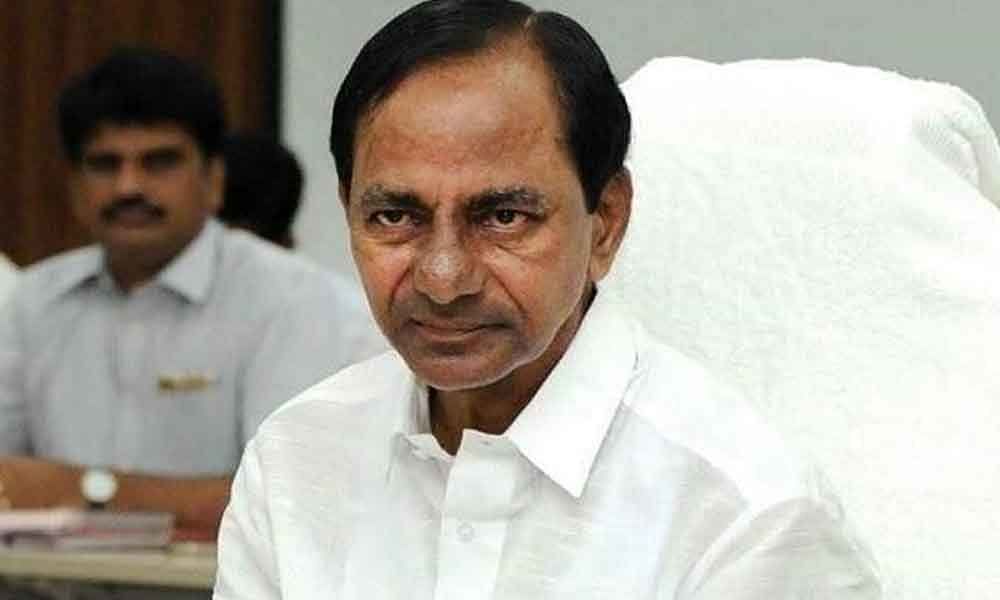
The State government will implement both short-term and long-term strategies aimed at making agriculture profitable for farmers. The reforms proposed by Chief Minister K Chandrashekhar Rao will be based on various factors ranging from ever-changing dietary habits of people, market demand, development of food processing and agro industry among others.
The Chief Minister who convened a meeting with experts at Pragathi Bhavan on Friday, wanted agricultural production as per the food consumption habits of people. He wanted the produce in the State to be on par with international standards and ensure that farmers’ efforts were not wasted.
He held a lengthy discussion with experts on various issues including required changes in agriculture, increasing yield, value addition to crop from farm lands to market, global markets and competition, reducing usage of pesticides, reducing investment for farmers and others. Rao expressed his plans to hold more such meetings with experts before arriving at a final decision.
Rao recalled that agriculture was in serious crisis when the State was formed and due to proactive measures by the State government, farmers were continuing with agricultural activities. “The era of agricultural reforms in the State should begin with the monsoon this year. All our efforts are for the benefit of farmers. With all the available resources including irrigation facilities, fertile soil, investment, skilled farmers and labour, our agriculture sector as well as agro industry should be on par with international standards,” he said.
Rao emphasised the need to adopt both short-term and long-term strategies for agricultural development in the State. As a short-term measure, the government had been making necessary resources available for farmers and ensuring Minimum Support Price for their produce. “But we need to make agriculture profitable. As agriculture is a way of life in the State and many people are dependent on it, more emphasis should be laid on its development,” he asserted.
On the occasion, the Chief Minister emphasised the need for
value addition to the crops which will ensure higher profits. He said the State government was setting up large scale food processing special economic zones, and promoting collective farming system to supply necessary raw materials to food processing units. “With supply of quality goods, the brand image of Telangana State will increase and help us in the international market,” he said. He said agro industries and food processing units of the respective crops should come up near the crop colonies.
value addition to the crops which will ensure higher profits. He said the State government was setting up large scale food processing special economic zones, and promoting collective farming system to supply necessary raw materials to food processing units. “With supply of quality goods, the brand image of Telangana State will increase and help us in the international market,” he said. He said agro industries and food processing units of the respective crops should come up near the crop colonies.
Further, the Chief Minister felt that Telangana was congenial for agri-based industries and efforts should be made in this direction. He pointed out that while many people in the State were depending on agriculture, it was not a symbol of progress and instead, focus should be laid on industrialisation. He asserted that farmers in the State should change their crops according to the consumption pattern across the world. “By practicing change in crops pattern, there will be more yield. Soil strength also will increase, reducing pests and insects. All these things should be explained to farmers,” he said.
Rao also wanted changes in usage of fertilisers and pesticides. He felt that with no scientific knowledge, farmers were trusting traders and using fertilisers and pesticides as per their suggestions. He pointed out that crops with excess fertiliser content, will not have any demand in the international market. He directed the officials to create awareness among farmers on moderate usage of fertilisers and pesticides to reap benefits.
Agriclture Minister S Niranjan Reddy, Chief Secretary Somesh Kumar, Principal Secretary G Janardhan Reddy, Rythu Bandhu Samithi State chairman Palla Rajeshwar Reddy, Telangana State Seed Development Corporation chairman Kondabala Koteswar Rao, CMO Secretary Smita Sabharwal participated in the meeting. Former MLC Professor Nageshwar, PJTSAU Vice-Chancellor Praveen Rao, Agriculture Business College principal Seema, ASCI Director Srinivasachary, Food and Agriculture Management advisor Gopinath Koneti and others were also present.
No Comments For This Post, Be first to write a Comment.
Most viewed from Hyderabad
Most viewed from World
AIMIM News
Latest Urdu News
Most Viewed
May 26, 2020
Which political party will win the Delhi Assembly polls to be held on Feb 5?
Latest Videos View All
Like Us
Home
About Us
Advertise With Us
All Polls
Epaper Archives
Privacy Policy
Contact Us
Download Etemaad App
© 2025 Etemaad Daily News, All Rights Reserved.




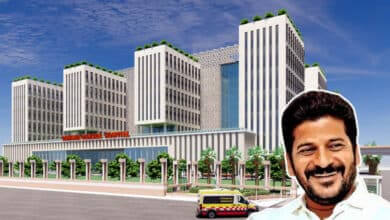
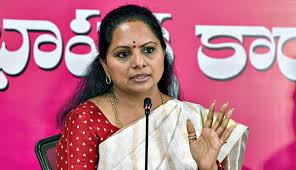
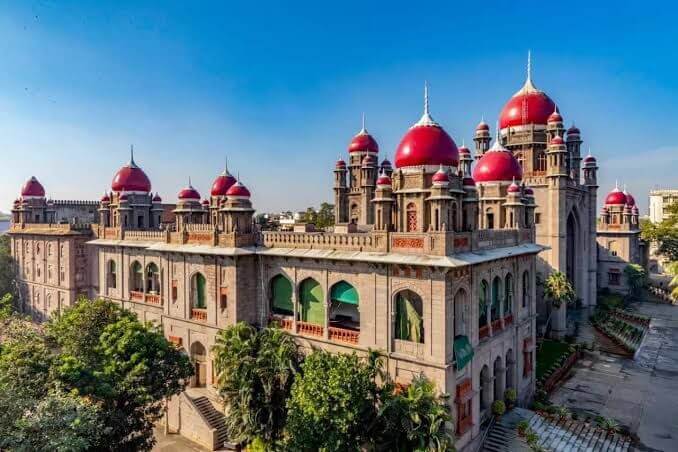
.jpg)
.jpg)
.jpg)
.jpg)
.jpg)
.jpg)
